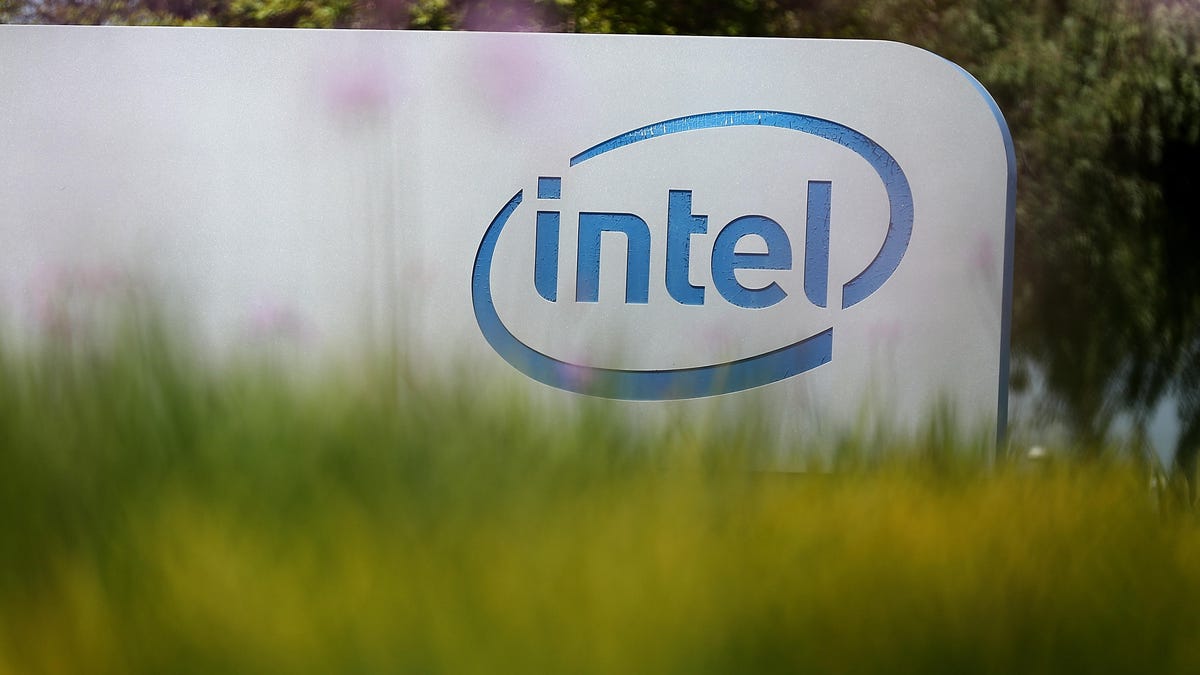Intel reportedly faces age discrimination claims following layoffs
The company launched large-scale layoffs more than two years ago. Some former employees say they were let go because of their age.

The U.S. Equal Employment Opportunity Commission is looking into whether a series of layoffs by Intel discriminated against older employees, according to The Wall Street Journal.
The chip maker initiated the layoffs in 2016, cutting more than 10,000 employees worldwide. Dozens of laid off employees sought advice on whether they could sue, and some filed complaints with the EEOC, people familiar with the matter told The Journal.
In a round of layoffs involving 2,300 employees in May 2016, the median age of employees who were let go was 49, seven years older than the median age of employees who stayed, Intel documents viewed by the Journal show.
An intel representative said the restructuring was part of an initiative to fuel the company's evolution "from a PC company to one that powers the cloud and billions of smart, connected computing devices."
"Personnel decisions were based solely upon skills sets and business needs to support that evolution," the representative said. "Factors such as age, race, national origin, gender, immigration status, or other personal demographics were not part of the process when we made those decisions."
The EEOC declined to comment on or confirm the reported investigation.
Claims of age discrimination are nothing new in the tech industry. The EEOC is also investigating possible age bias at IBM. And in an industry that often values younger employees and rapid change, older employees -- who also tend to be paid more -- can be an easy target for layoffs.
In 2015, Intel pledged $300 million to boost representation in technology and gaming. But the company's diversity reports tend to focus on ethnicity and gender, not age. As of 2017, Intel's overall workforce is 73.5 percent male and 47.8 percent white.
The EEOC hasn't decided whether to file a class-action suit against Intel yet, according to The Journal.

